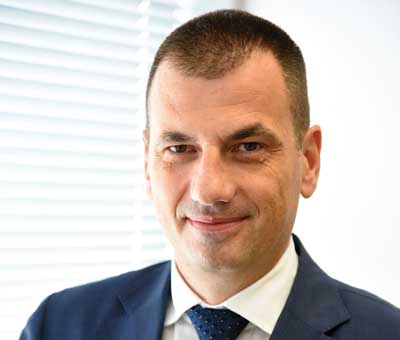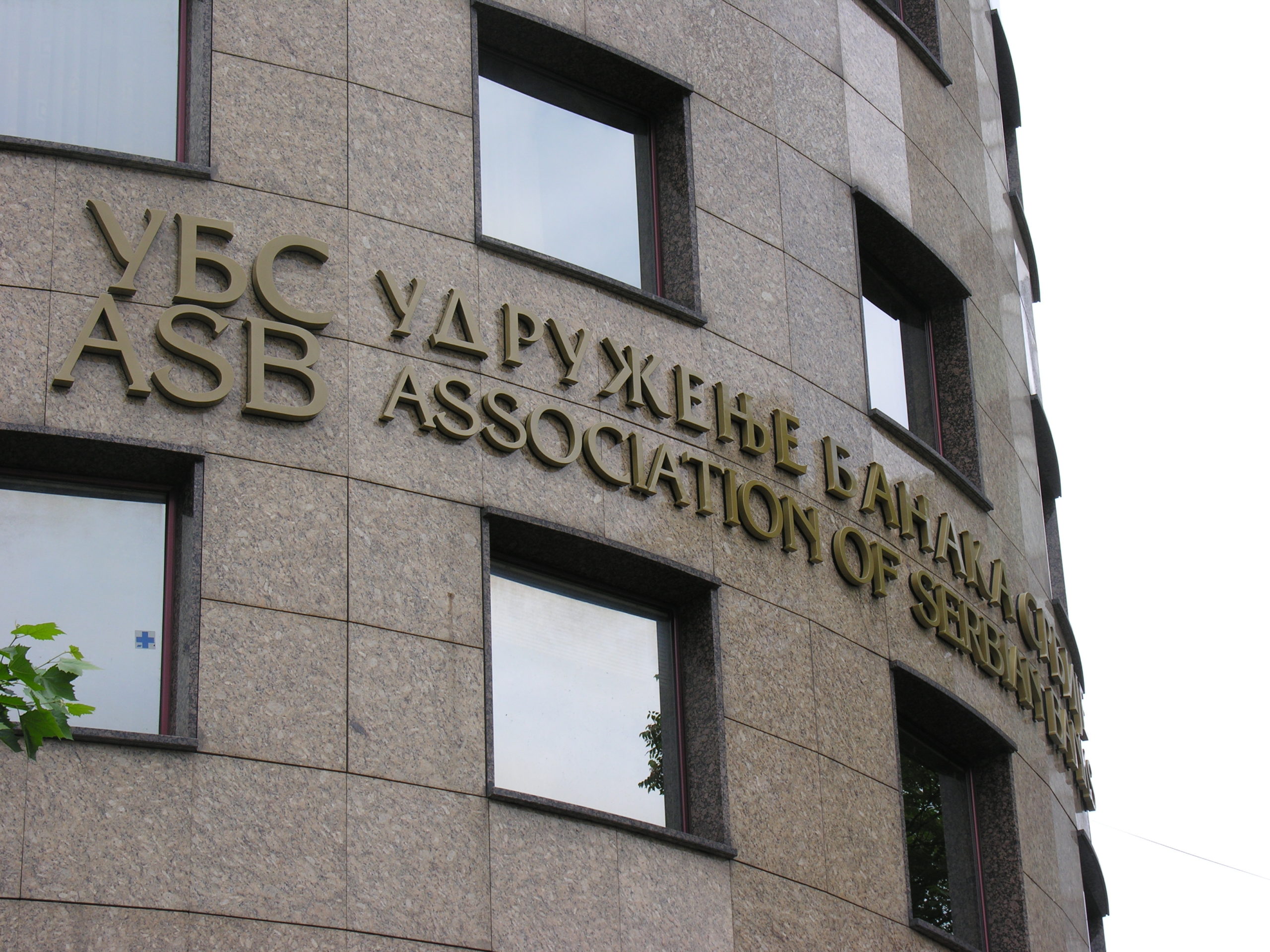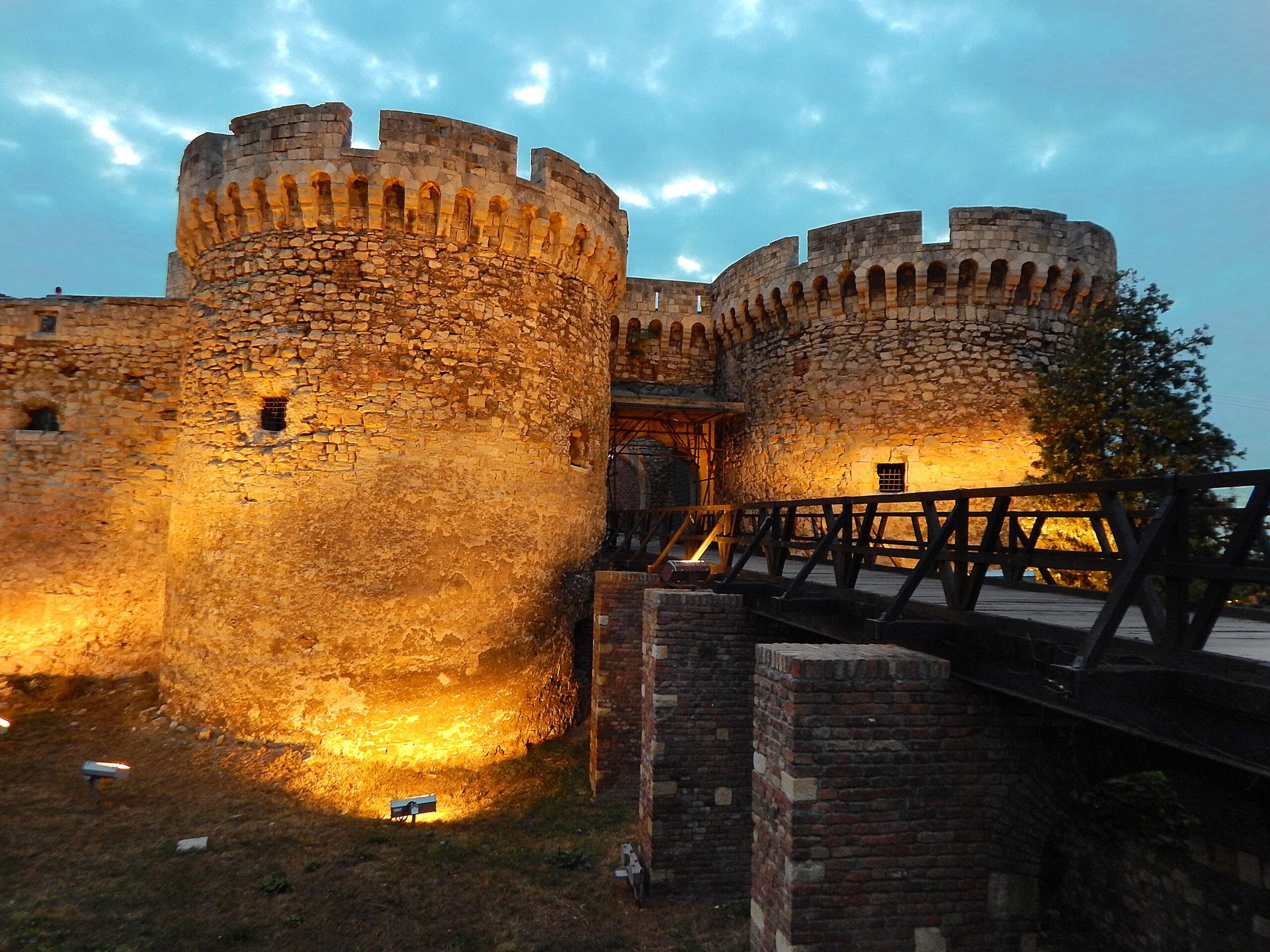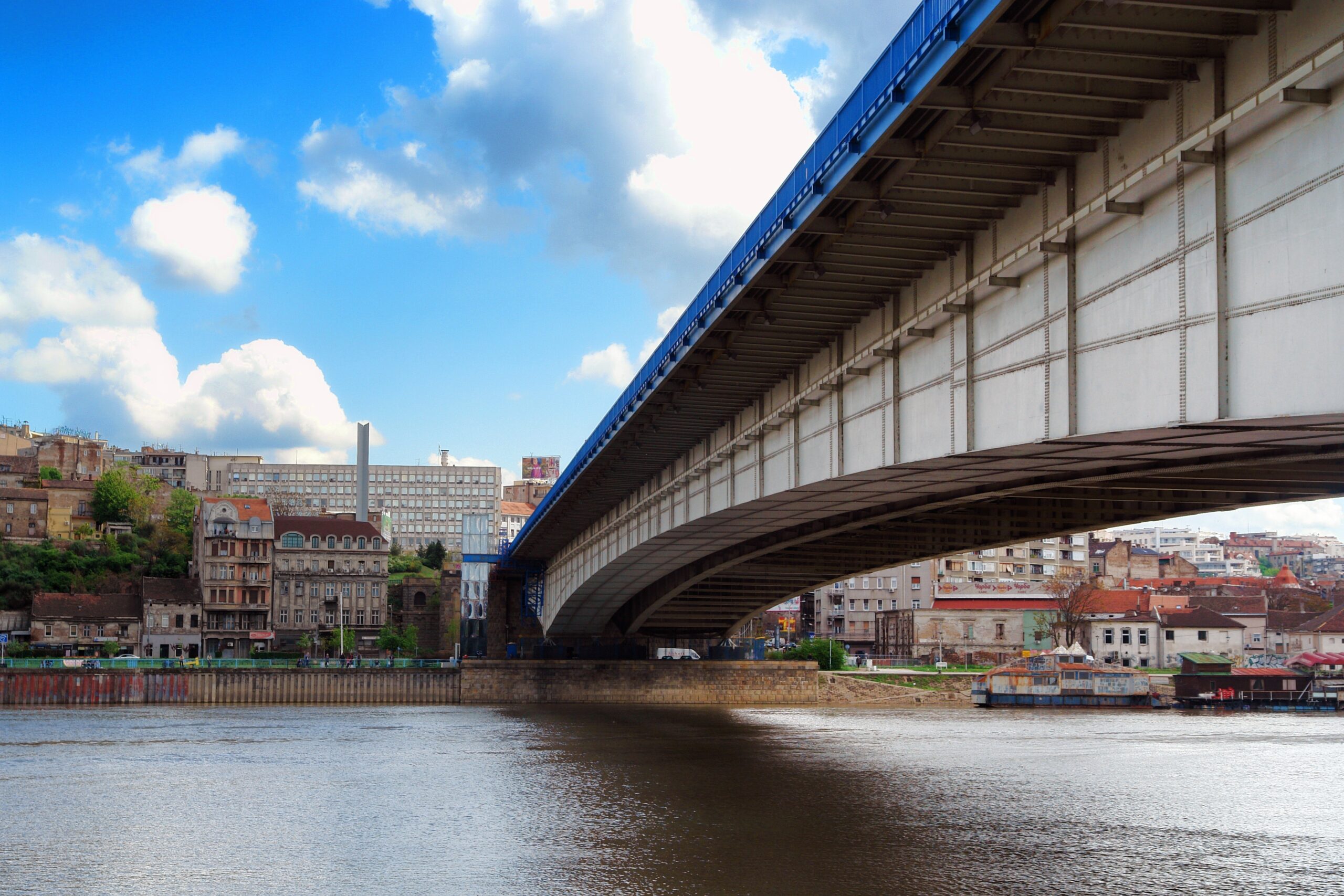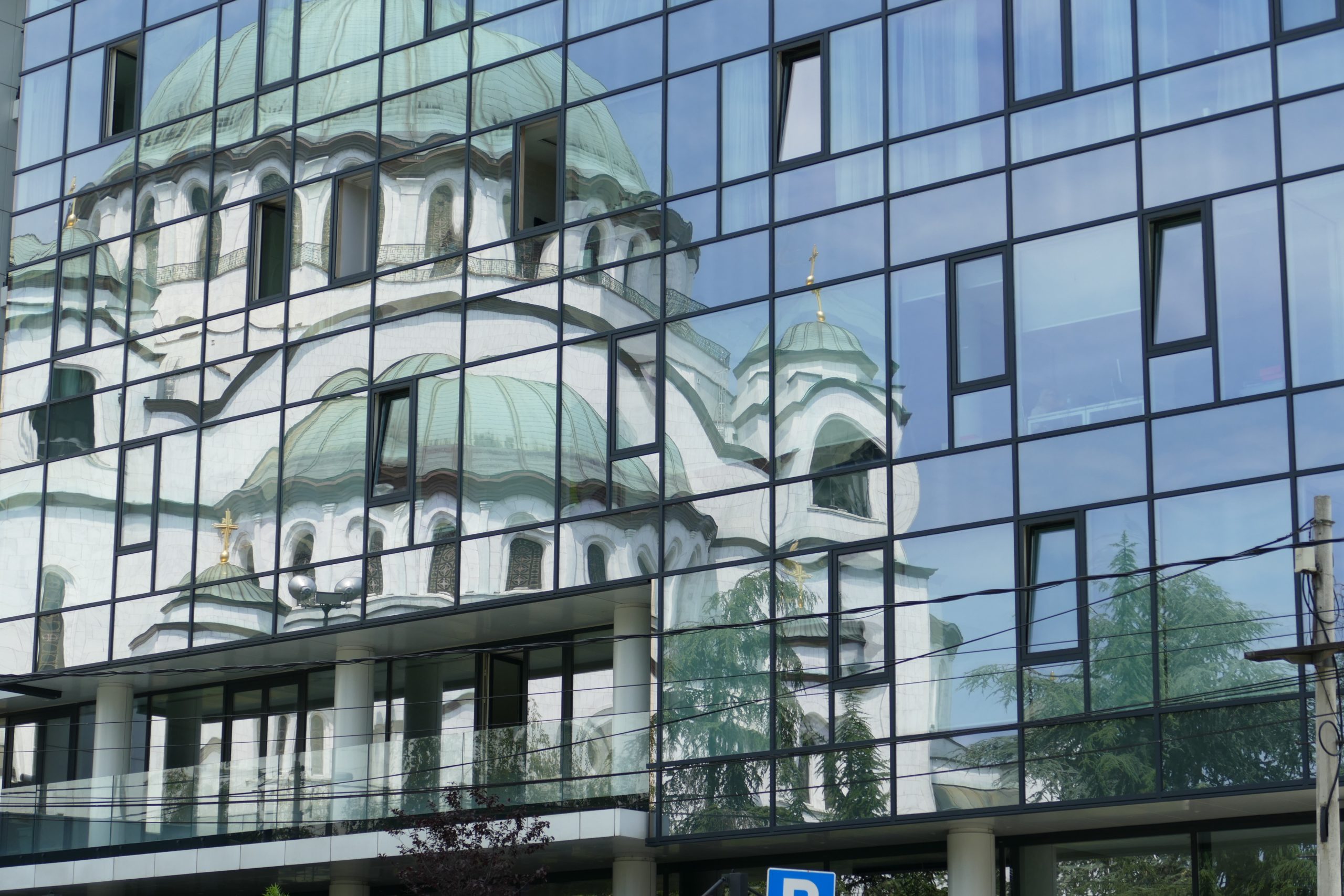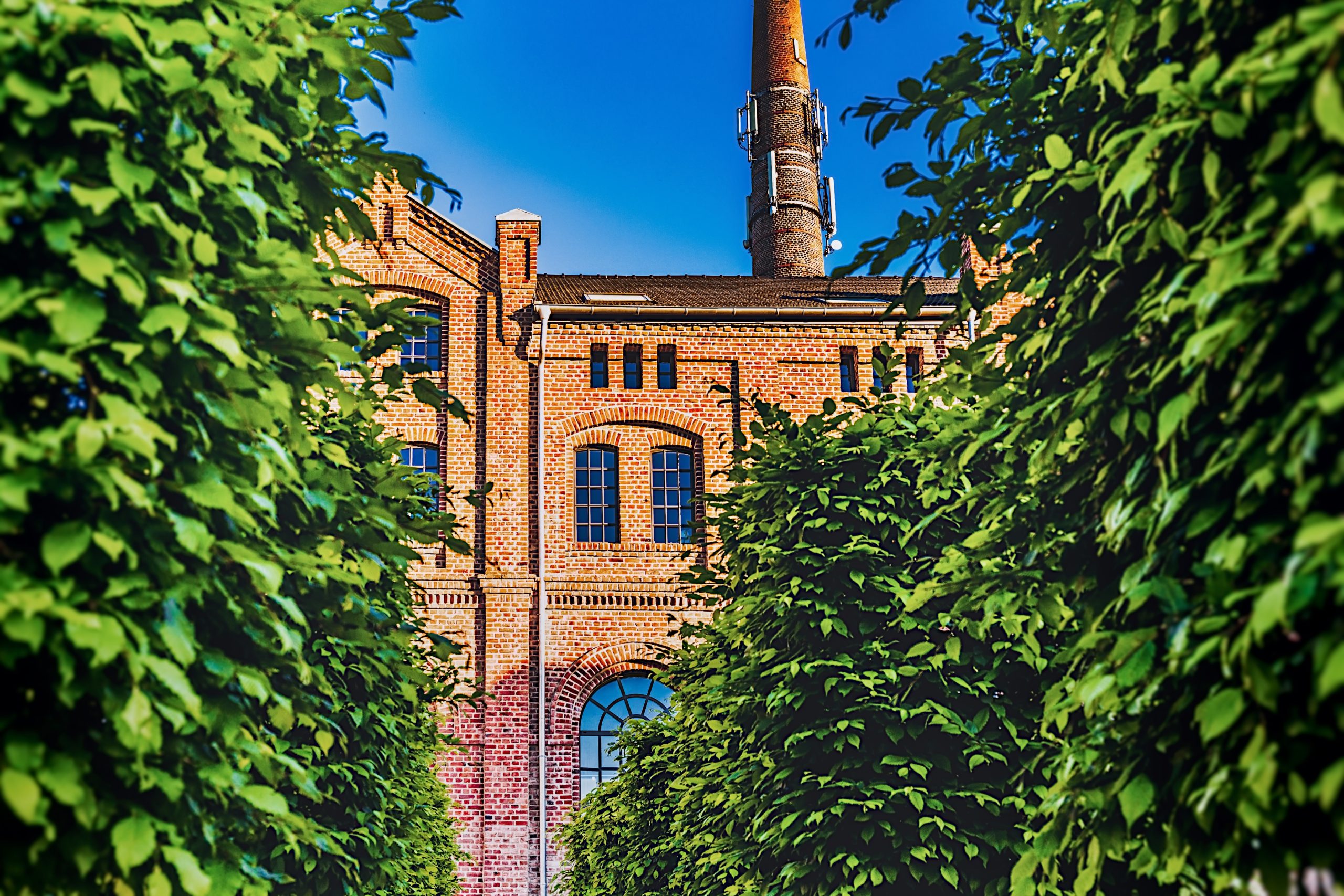A New Era: Unlocking Northern Ireland’s Economic Potential

Over the past three decades, Northern Ireland has transformed its economic identity, emerging as a dynamic hub for innovation. The region’s metamorphosis shifted the economy from being historically reliant on heavy industry, including building the famous RMS Titanic, to one driven by technology. The capital city, Belfast, became one of Europe’s fastest-growing tech cities. This evolution has been shaped by political stability, and a growing reputation as a competitive business destination. A region once defined by its past is now shaping the future, nurturing world-class talent, and proving that a small nation can make a seismic impact on the global stage.
Reflecting on Northern Ireland’s historic transformation, Joe P. Kennedy III, former US Special Envoy to Northern Ireland for Economic Affairs remarked, “Global discourse on Northern Ireland tends to remain anchored in its past challenges. It is time to reframe this narrative, emphasizing the region’s remarkable successes and vast potential for the future.”
One of the success stories is gender inclusivity. 50% of the highest-ranking political executives, including the First Minister and Deputy First Minister are women. They serve as joint heads of government, a power-sharing model designed to build collaboration between opposing political parties. This arrangement reflects the region’s commitment to cooperation between historically divided groups.
Trade and Economic Strategy

In the wake of Brexit, Northern Ireland found itself in an exclusive position, with one foot in the UK, the other in the EU’s vast single market. It is now the only place in the world offering tariff-free market access to both Great Britain and the EU. Major global firms, from manufacturing giants to cutting-edge tech startups, are seizing the opportunity recognizing Northern Ireland as a strategic European gateway. It is a bridge between the US, EU, and UK, where businesses can thrive, trade flows freely, and a new chapter of prosperity is being written.
Industrial Legacy to Modern Economy
Shipbuilding, textiles, and basic manufacturing once formed the backbone of Northern Ireland’s economy. Today, Northern Ireland has diversified its economy across tech-heavy and high-growth sectors, with dynamic hubs laced across the nation. Businesses no longer need to rely on just the capital city to find all of their requirements. Highly skilled workers, competitive operational costs, and strong research and development ecosystems are found across the entire region.

Kieran Donoghue, CEO of Invest Northern Ireland, the region’s economic development agency, stated, “Operating costs in Northern Ireland can be up to 40% lower than in other European jurisdictions and up to 50% lower in real estate globally. This makes it an attractive destination for investment. Around 1,500 global firms, including 300 from the US already have operations in the region. We offer investors all of the capabilities that they’re looking for, but with a very attractive price point. On a recent visit to the US, both clients and potential new investors indicated that they see NI as a place for new investment.”
Sectors Driving Growth
Northern Ireland’s economic renaissance is being driven by a diverse range of high-growth sectors fueling progress. Cybersecurity has become a cornerstone of this transformation, with global giants like Microsoft choosing Northern Ireland as a strategic hub. As a top European investment location for US cybersecurity firms, the region is attracting cutting-edge companies seeking a skilled workforce and a thriving digital ecosystem. The region also hosts the UK’s largest fintech workforce outside London. Meanwhile, state-of-the-art advanced manufacturing facilities and life science breakthroughs are further transforming the industrial landscape.
The renewable energy sector is also expanding rapidly and ripe for investment. With Northern Ireland already generating nearly 50% of its electricity from renewable sources, the government is committed to reaching the target of 80% by 2030.
Beyond industry, Northern Ireland’s creative sector, spurred by the global success of productions like Game of Thrones, Derry Girls, and The Fall, further cements its reputation as a world-class filming destination.
Homegrown Multinationals

Angela McGowan, Director of the Confederation of British Industry Northern Ireland, stated, “Northern Ireland’s entrepreneurial spirit and homegrown success stories are a testament to resilience, innovation, and strategic positioning. Many Northern Irish multinationals are expanding their global footprint and capitalizing on local strengths; they deserve recognition.”
Susan Wylie, CEO of Northern Ireland’s Chamber of Commerce and Industry stated, “One of Northern Ireland’s most successful companies is Randox. It provides diagnostic tests and technology found in most testing kits worldwide. The company played a key role in developing COVID-19 tests for global distribution, and continues to expand their operations, focusing on early prevention to detect illnesses.”
She continued, “Almac Group, another local player, conducts clinical trials for large pharmaceutical companies and reinvests profits into ongoing innovation. These two companies are strong examples of Northern Ireland’s innovation and global reach.”
Happy Workers

Northern Ireland has consistently ranked as one of the happiest places to live in the UK, a distinction that speaks volumes about the region’s blend of community, quality of life, and work-life balance. Residents report higher levels of life satisfaction, a deeper sense of purpose, and greater happiness than the UK average, while also experiencing lower levels of anxiety. This collective sense of well-being can be attributed to a strong community spirit, the beauty of its landscapes, and a growing culture that values mental health and work satisfaction.
Forward Thinking
The nation stands at the crossroads of history and progress, proving that size is no barrier to ambition. From pioneering AI-driven cybersecurity to advancing life-saving pharmaceuticals, Northern Ireland is not just adapting to the future, but shaping it. As it continues to attract visionaries, investors, and talent from across the world, Northern Ireland’s message is clear: this is a nation not defined by its past, but by the limitless potential of its future.






